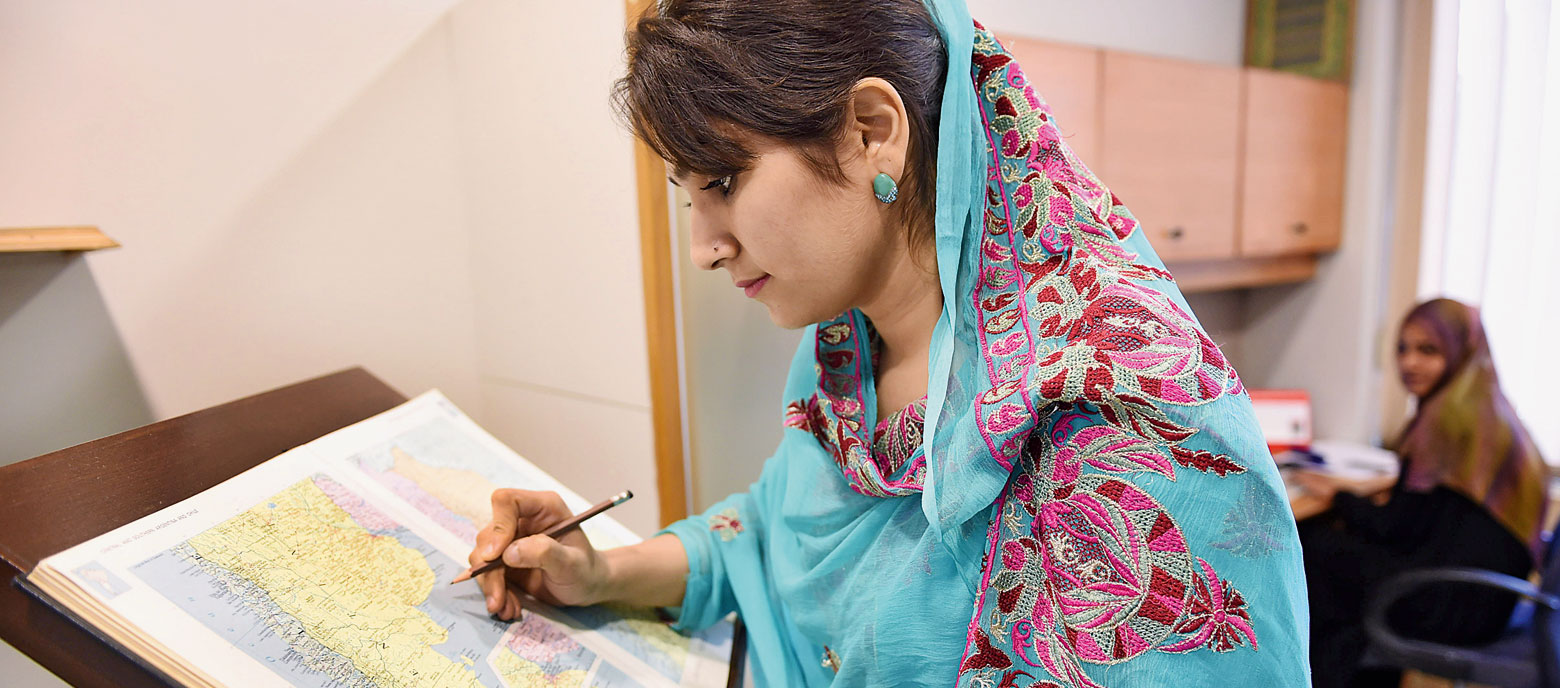Vocational training in Pakistan
Work at last
By the time Misbah Naz reaches her office in the centre of Lahore at 9 am, an ancient power generator is already rattling away at the street entrance, where three-wheeler rickshaws throw up clouds of dust that hit the back of the throat. Inside the office building, which is co-occupied by a number of international companies, the upper floors are accessed via a black spiral staircase. Here, behind a glass door marked with the logo of Deutsche Bahn, visitors are greeted by a receptionist with a bushy beard and multi-coloured prayer cap. This is the home of CEI Supply Chain, the Pakistani partner of logistics company DB Schenker. For the last 20 years, CEI’s employees have been coordinating transportation and shipments to the four corners of Pakistan.
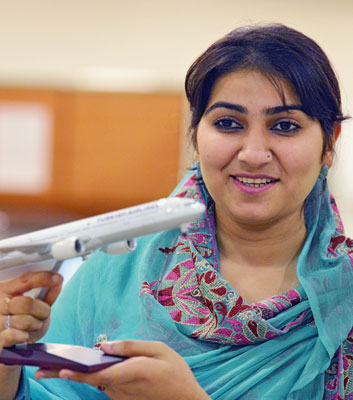
Naz is the newest member of the team. The 25-year-old is dressed in the richly ornamented tunic traditionally worn by Pakistani women. From her desk in the department for development, Naz analyses the market, determines prices for services provided and scours the web for potential customers. ‘I always like to do the best I can. It’s a great feeling when I manage to land a promising contract for my company,’ she says. Work satisfaction is the key. In addition, it’s a chance for her to demonstrate her communication skills. Naz laughs: ‘I’ve always been a good talker, and this job gives me ample opportunity to talk.’
Inspired by the German dual training system
Misbah Naz is one of the first graduates from the dual training programme in Lahore, which was developed by GIZ on behalf of the German Federal Ministry for Economic Cooperation and Development in cooperation with the Government of Pakistan. Other financial contributors to the large-scale reform programme are the European Union and the governments of Norway and the Netherlands. In the past, vocational schools in Pakistan taught only dull, grey theory; but now trainees will learn the realities of everyday professional life from the outset. The inspiration for this approach is the German dual system of education and training, in which theoretical classroom-based teaching is closely integrated with on-the-job training. The overarching objective of German-Pakistani cooperation is a fundamental reform of vocational education and training in the country.
Like most university graduates, Naz had gained little practical experience after her four years of studying for a degree in economics. And like most of her friends, her search for a job turned up no results. So she applied for a one-year course in customer services. After six months at the vocational training college, she took up a trainee post in the logistics department at CEI Supply Chain.
New curricula for 3,500 vocational training colleges
The decision was an easy one for her boss Amir Munir. During the course of her first interview for the job, he sensed that Naz had a lot to offer his company. ‘She’s very ambitious and she knows how to conduct herself in a business environment,’ the manager enthuses. His company is one of around 80 businesses in Lahore and Karachi that have adopted the new dual approach to training staff.
Has he noticed any difference with his trainees since introducing the dual system? ‘Self-confidence,’ Munir replies immediately. They are also better prepared. ‘What the trainees learn in class is now much more relevant to the on-the-job experience they get with the company.’ Munir developed the curriculum for the logistics training in collaboration with GIZ. Standardising training courses has proved a major challenge at Pakistan’s 3,500 vocational training colleges – no easy task in a country where cooperation between administrations at central and provincial level is virtually non-existent.
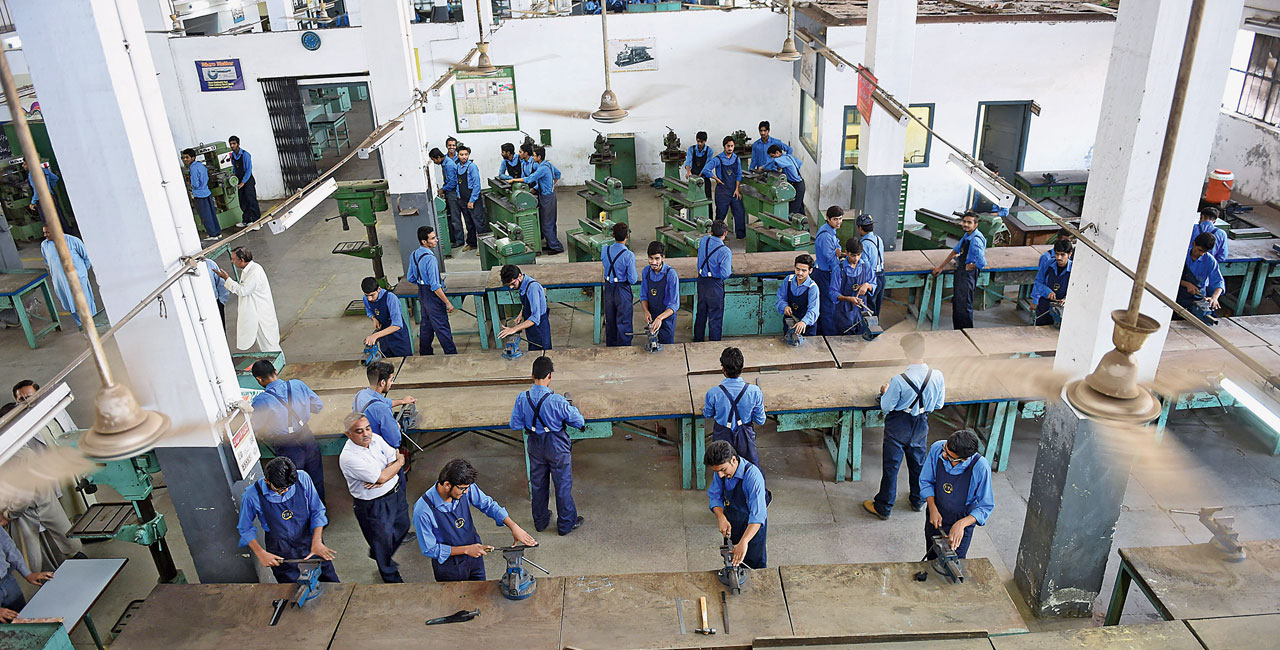
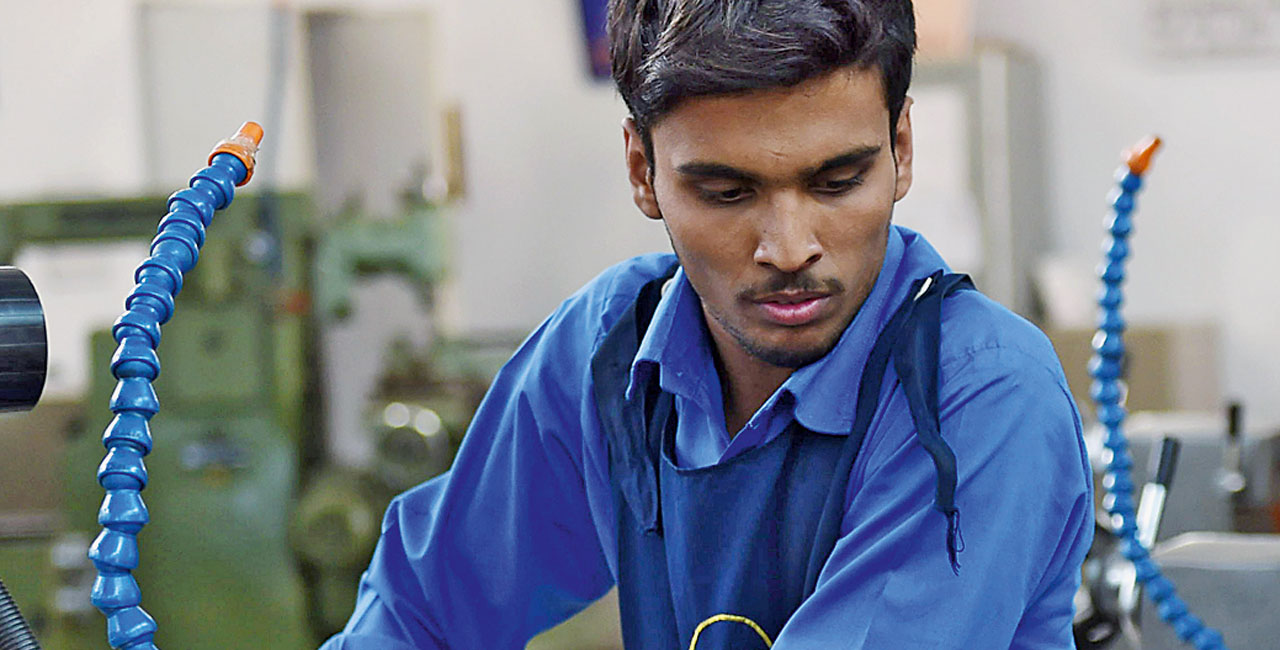
![]() Picture gallery: Electrical engineering trainees learn everyday professional skills at the Government Technical Training Institute in Lahore.
Picture gallery: Electrical engineering trainees learn everyday professional skills at the Government Technical Training Institute in Lahore.
Naz’s theoretical training consisted of courses in customer service, social skills, IT and English. At the start of her practical phase with CEI Supply Chain she learned all about DB Schenker products. She became familiar with previously alien terms such as ‘freight forwarding’. After that, she gained an insight into the work of the various departments. ‘Now I can do any of the jobs here. That means if someone is absent, I can stand in for them.’
Part of the credit for this goes to the mentor who looks after the trainees at CEI Supply Chain during the practical phase. To prepare for their role, mentors attend teaching seminars organised by GIZ in Germany.
Enormous potential workforce
Until a few months ago, Naz belonged to the largest age group in her country: over half the population of 185 million is currently below the age of 25. Pakistan therefore not only has one of the world’s youngest populations, it also has a high number of school leavers. ‘That’s an enormous potential workforce, yet up to now little has been done to tap this potential to boost the country’s economic development,’ says Hans-Ludwig Bruns from GIZ.
Less than 10 per cent of young people opt for vocational training, which is considered to have little prestige. Instead, most flock to the universities, often ending up unemployed because they lack the necessary practical experience. In addition, non-formal trades and crafts account for a large part of the Pakistani economy. Between the offices of CEI Supply Chain and Lahore’s biggest vocational college is a busy street bazaar, full of traders, butchers and florists. The informal sector is thriving here. Fathers pass their professions on to their sons and daughters without any formal qualifications – and therefore without recognition by the state. So GIZ is supporting Pakistan with the nationwide introduction of standardised certification.
Training in electrical engineering
At the Government Technical Training Institute, trainees undergo systematic preparation for their chosen professions. Zishan Qureshi has been training electrical engineers here since 1993. The 45-year-old recently adopted the curriculum prescribed by the German-Pakistani training programme. One of the programme’s objectives was to encourage students to interact and be more inquisitive. Now, Qureshi says, his students are no longer so inhibited in his classes.
In the classroom for advanced electrical engineering, 13 students wearing neatly pressed school uniforms are fully focused on their model circuit boards with coloured light bulbs. Faded sketches of complex circuitry are pinned to a board on the wall. In just a few months, the young men will be applying for places at one of the training companies. During this on-the-job training they will receive an average stipend of 8,500 rupees, equivalent to around EUR 75. ‘By the end of the course, the students have a feeling for the bigger picture,’ Qureshi says. ‘What’s more, people are gradually beginning to change their views about the value of manual work.’
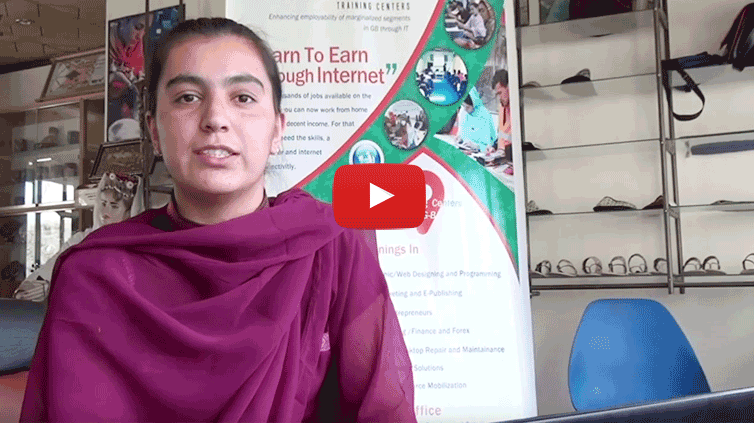
Misbah Naz earns 18,000 rupees per month, around EUR 160 and approximately one third more than the statutory minimum wage. It is enough to enable her to contribute to her family’s income – and to repay some of the support given to her by her parents. They are proud of what their daughter has achieved, for she is the first woman in the family to have a career of her own.
Contact: Hans-Ludwig Bruns > hans-ludwig.bruns@giz.de
published in akzente 1/16
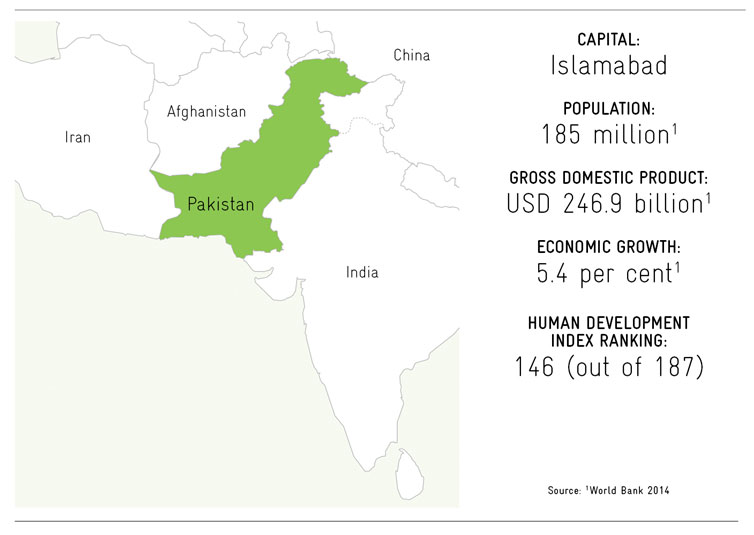
FIT FOR THE JOB
Project: Supporting Technical and Vocational Education and Training Reform in Pakistan
Country: Pakistan
Commissioned by: German Federal Ministry for Economic Cooperation and Development
National Partners: National Vocational & Technical Training Commission
Term: 2011 to 2016
